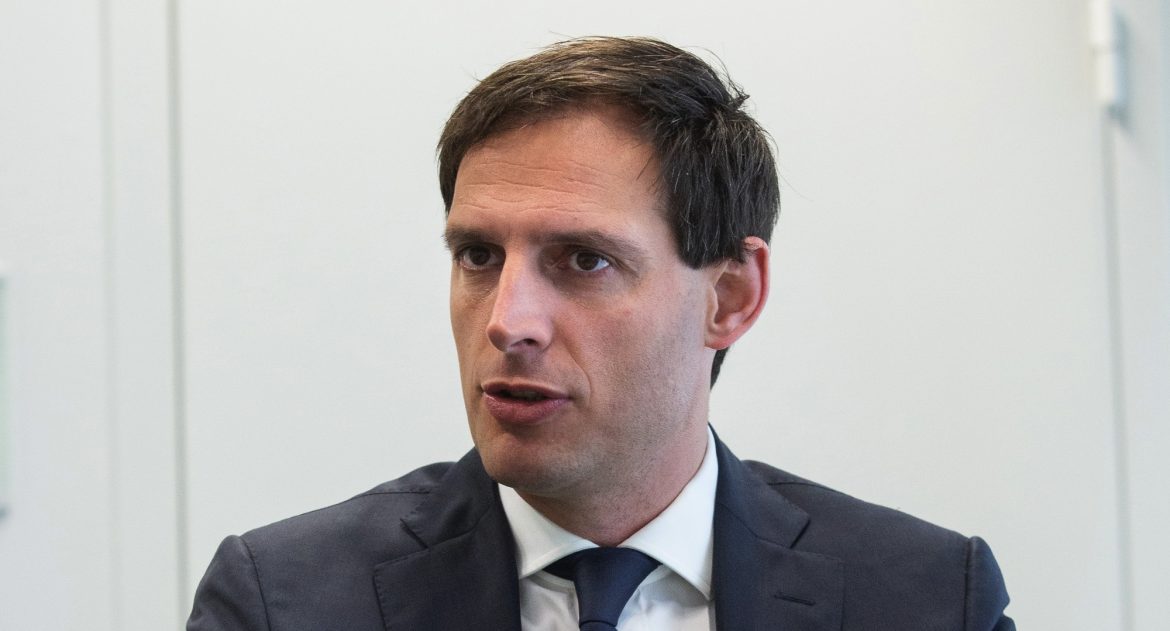Wopke Hoekstra, a Dutch politician who is said to have worked for Shell and McKinsey has been nominated for the job of EU’s climate chief.
When questioned by MEPs on the European parliament’s environment committee about his employment history and commitment to climate action during a three-hour session on Monday night, he said “Fossil fuels must become history, the sooner the better.”.
Hoekstra was the Netherlands’ foreign minister and worked for an oil company and a consultancy before getting into politics.
In a separate hearing on Tuesday, the Slovakian commissioner, Maroš Šefčovič, was questioned about expanding his job description to finish the European green deal. The committees voted through both men on Wednesday after extra questions from lawmakers who had been unconvinced by their performance the first time around.
Manon Aubry, who is the head of the Left group that voted against Hoekstra, said that “there was an “obvious conflict of interest” and “nothing to be proud of” in Hoekstra’s appointment.
Read also: Pope asks rich nations to make profound changes to tackle climate crisis
According to available reports, Hoekstra held commercial positions at Shell from 2002 to 2004 before working for a decade at McKinsey, a management consultancy whose clients include oil and gas companies. He has agreed to get permission from McKinsey to share details about the companies with which he worked during his time there, said the committee chair, Pascal Canfin.
Bas Eickhout, a Green MEP from the Netherlands, asked Hoekstra how credible his proposals were in light of his past at the hearing in Strasbourg. Hoekstra used the session to distance himself from the oil industry and called out its practice of downplaying climate science.
In his opening speech, Hoekstra was quoted as telling the committee that the fact that certain oil majors have long known of their role in climate change and sought to ignore the evidence is truly unethical.”
Hoekstra told MEPs in the environment committee that he would explore a global tax on kerosene, the polluting fuel that powers planes, and promised to phase out fossil fuel subsidies. He also said he supported a target of cutting greenhouse gas emissions by at least 90% by 2040. Earlier this year, the EU’s official science advisers recommended cuts of 90-95% by that date to honour its promise of limiting global heating to 1.5C this century.
Story was adapted from the Guardian.
